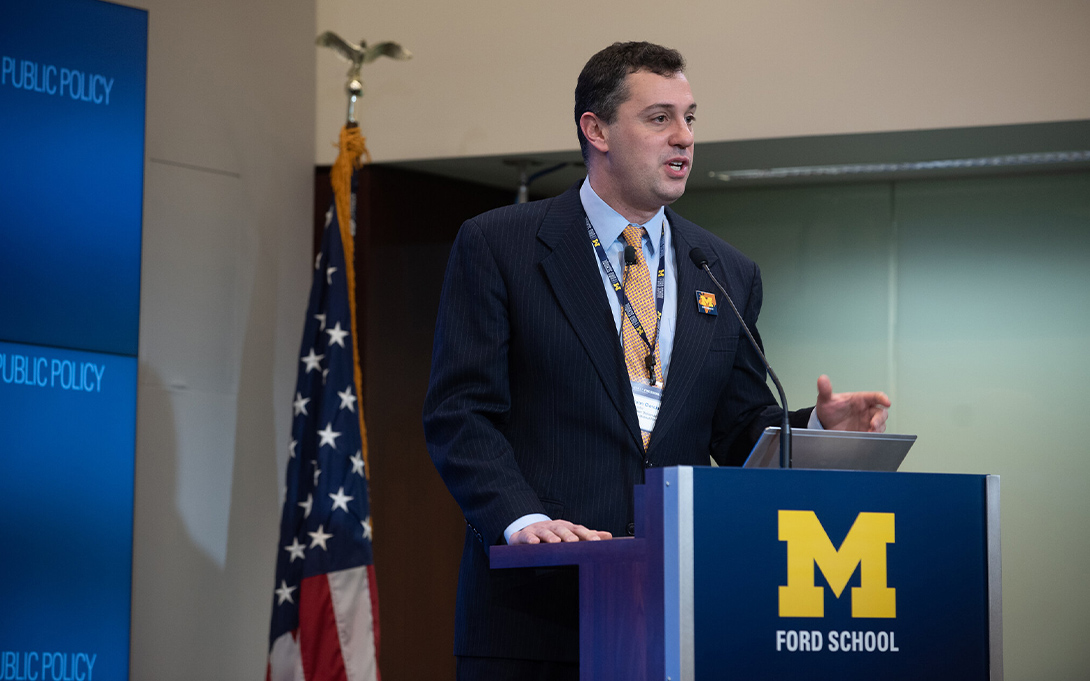
Over the past few years, deepening ideological and strategic divisions in many parts of the globe have suggested the arrival of a new Cold War.
The coming year may reveal much about this new phase of world politics, with profound diplomatic implications, according to John Ciorciari, professor and associate dean for research and policy engagement at the University of Michigan’s Ford School of Public Policy.
Ciorciari, also director of the Ford School’s International Policy Center and Weiser Diplomacy Center, breaks down five regions likely to stay in the news, what could happen and the potential diplomatic implications.
Europe
Protracted war in Ukraine will test NATO unity and resolve as energy prices and other strains mount. At the same time, the bite of sanctions and mounting casualties will challenge the Putin regime. These forces could create space for diplomacy, perhaps through a back channel, though a peace deal is unlikely.
The stakes in Ukraine remain very high, both for Ukrainians and because the course of the conflict will play a crucial role in defining the new global power equilibrium.
Asia
Eyes will stay focused on the Taiwan Strait. As Chinese President Xi Jinping makes clear his aim to “solve the Taiwan question,” the Biden administration has offered inconsistent responses.
This year, China may increase pressure on Taiwan, most likely through economic and cyber channels. The United States will wrestle with whether to set aside its longstanding policy of strategic ambiguity.
Missteps on either side could change the character of the Taiwan issue, making escalation much less easily reversible.
Latin America
Anti-democratic forces on both the left and right are rising. Protests and riots in Brazil, Peru, Venezuela and elsewhere voice deep dissatisfaction with government corruption and mismanagement.
They also open doors for authoritarian rule and the politics of emergency, threatening to erode further the democratic gains in the region in recent decades. That could be a recipe for the type of conflict and ideological polarization that wracked the region during the Cold War.
Africa
A series of coups and long-running conflicts leave in place many embattled and unrepresentative governments seeking arms and investment.
In some of those contexts, UN peace operations and other multilateral ventures have helped dull the edges of great-power competition. Still, the contest for influence in Africa between the West and its major rivals in Beijing and Moscow will continue, and it will add fuel to the fire if great powers support opposing sides to domestic conflicts in places like Ethiopia and the Sahel.
Middle East
Wavering Saudi relations with Washington and tumult in Tehran portend possible change. For decades, the rivalry between Saudi Arabia and Iran has reverberated throughout the region—from Yemen to Iraq, Syria and Lebanon.
Autocracies in both Riyadh and Tehran now face mounting pressure at home and abroad, offering some hope for liberalization but with great risk of added near-term regional instability and conflict.
This story was written and originally published by Michigan News.
More news from the Ford School